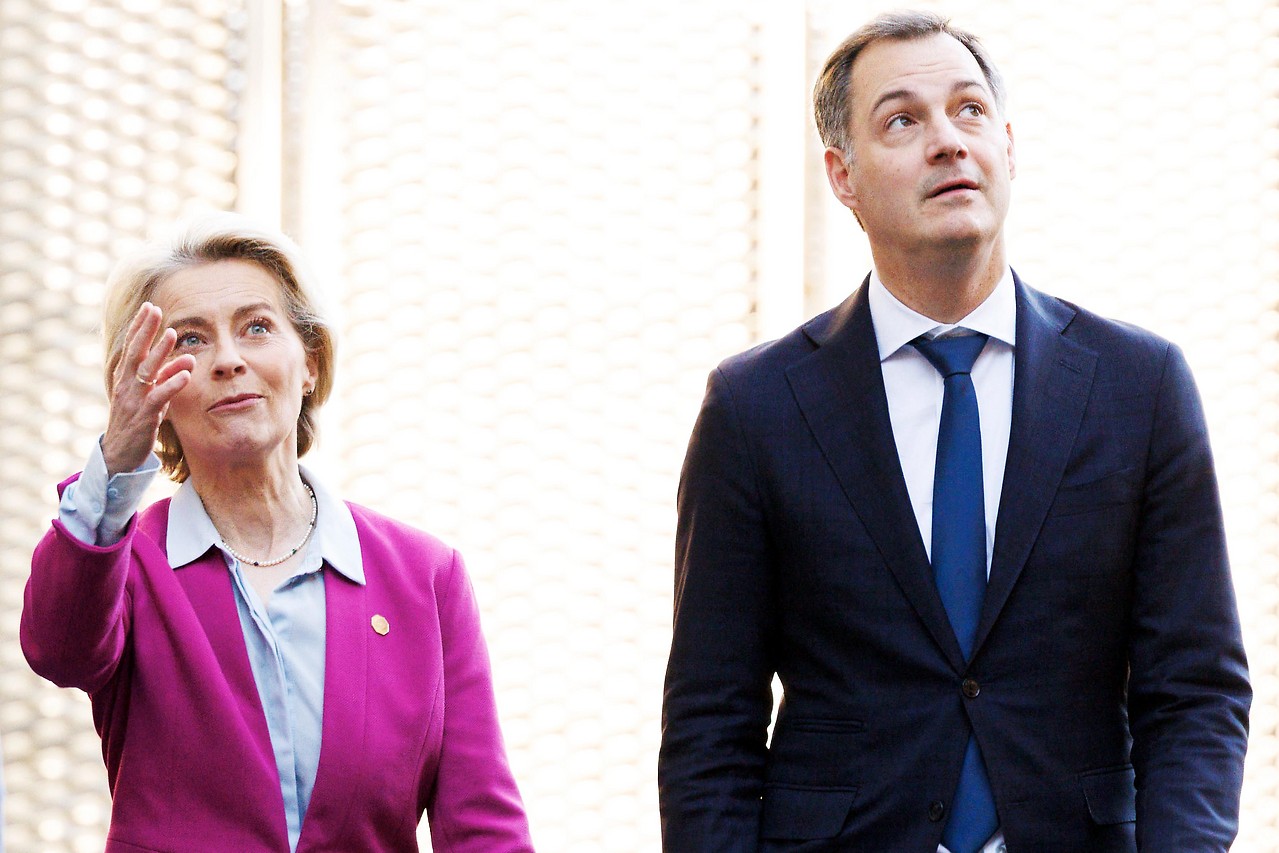Belgian and Dutch farmers closed several border crossings on Friday. One of them goes towards Antwerp. There is one of the largest ports in Europe, which has been blocked by tractors for days. Media reports that up to 2,000 trucks are stranded due to this.
Earlier in the day, farmers' protests overshadowed a summit of EU heads of state and government in Brussels. More than 1,300 tractors rolled into the Belgian capital. The EU Parliament had to be cordoned off by police, and sometimes violent clashes broke out.
Prices, bureaucracy, imports
The list of countries where farmers have imposed sanctions in recent weeks is long: Belgium, the Netherlands, Germany, France, Italy, Spain, Portugal, Poland, Lithuania, Romania and Greece.
Triggers are somewhat country specific. In Germany, for example, the process was triggered by the “Transport Light Alliance”'s planned cancellation of rebates on agricultural diesel and vehicle tax. In France, too, farmers have protested against rising prices for the fuel they use.
However, the causes of dissatisfaction with Europe's agriculture are universal. Russia's war of aggression against Ukraine quickly pushed up energy prices, as did procurement costs for fertilizers and transportation. On the other hand, prices of many agricultural commodities fell or stagnated.
The agricultural sector also complains about excessive bureaucracy, for example when applying for EU funding, as well as strict environmental and climate protection requirements. In Poland and France, protests were also directed against cheap imports from non-EU countries. Duty-free imports of grain and other agricultural products from Ukraine are causing discontent in Poland's agricultural sector, while French farmers blame imports from South America and New Zealand.
EU accommodation in wasteland and bureaucracy
Given the scale of the protests and a super-election year in Europe, politicians are making concessions to protesters. EU Commission President Ursula von der Leyen has promised to reduce bureaucratic hurdles. At the end of the EU summit in Brussels, he wanted to make a proposal to member states as soon as possible to “reduce the administrative burden”.

There are also signs of staying in brownfields. To receive the subsidies, agricultural businesses must leave four percent of the usable area fallow. This action helps to conserve biodiversity. After the outbreak of war in Ukraine, the Commission temporarily suspended the requirement out of concern for food and supply security. Now this exemption is about to be extended. The Commission sent a proposal to the Member States.
France takes 400 million into her hands
Protests in France have subsided recently. This is not least due to the extensive incentives provided by the government. French media reported that Paris wants to provide up to 400 million euros in aid for various measures.
The aim is to help livestock farms and the wine-growing sector, which have suffered from high production and falling sales. A plan to reduce the use of pesticides has been postponed until 2030, drawing criticism from environmentalists.
The government has announced financial support for the creation of water reservoirs and irrigation, amid growing water shortages in parts of France due to the climate crisis. Planned hike in agricultural diesel prices canceled
French President Emmanuel Macron also reiterated his rejection of the EU's free trade deal with the South American Mercosur states of Brazil, Argentina, Uruguay and Paraguay. Irish Prime Minister Leo Varadkar said of the farmers' protests: “Mercosur cannot be recognized in its current form.”
Germany: No more subsidies for agricultural diesel
In Germany, the Bundestag on Friday began the controversial elimination of tax incentives for agricultural diesel. However, eradication should happen gradually, not all at once. The government decided not to cancel the vehicle tax exemption for agriculture as originally planned.
The coalition of the SPD, the Green Party and the FDP invited members of the Agriculture Commission to a “dialogue on sustainable agriculture” at the end of February. The commission includes representatives from agriculture, food industry, nature and consumer protection organizations, commerce and science.